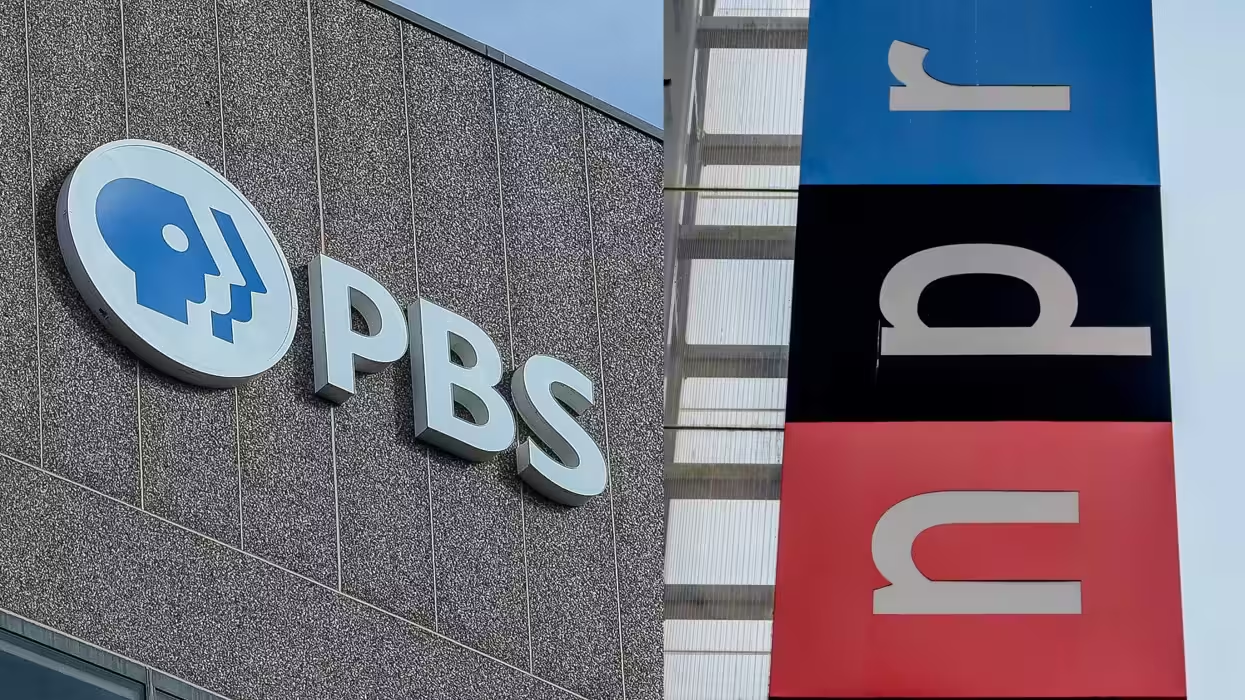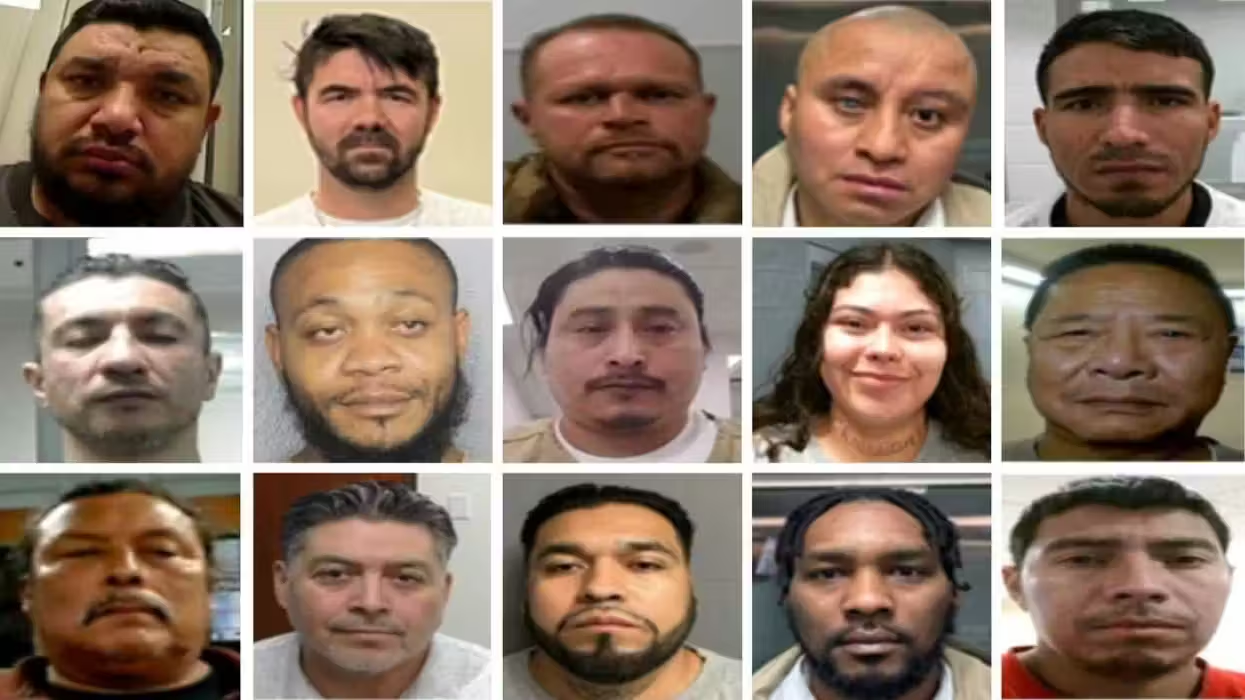© 2026 Blaze Media LLC. All rights reserved.
College Students Launch Gory Campaign to Challenge FDA Donation Restrictions on LGBT People
June 15, 2016
Cconcerns over the risk of HIV/AIDS transmission have FDA leaders torn.
A group of students at Ithaca College launched a campaign last month protesting the Food and Drug Administration’s regulations for donating blood. According to the group’s Facebook page, “My Blood Is Good” is an organized effort to “drive awareness toward discriminatory blood donation laws that disproportionately limit” gay, lesbian, transgender and those with tattoos or piercings from donating blood.
One of the ways in which the group seeks to raise awareness models the ALS Ice Bucket Challenge. But in stead of ice water, participants pictured on the My Blood Is Good Facebook page have dumped “blood” over their heads with captions such as “Defer ‘with discretion’ for trans/queer identifying individuals” and “Defer for 12 months from the most recent contact with a man who had had sex with another man during the past 12 months,” which is a reference the FDA’s 2015 revised requirements for blood donation that expanded the donor pool to gay men.
The creator of the campaign, Kyle James, is a recent graduate of Ithaca who is also gay. He launched My Blood Is Good after learning that sexually active gay men are barred from giving blood.
His frustration grew into a full-blown movement shortly after he took a photo in front of an American Red Cross sign and posted it on Instagram with the hashtag, #MyBloodIsGood.
On May 5, James created a petition to pressure the FDA to change its donation regulations.
“We believe that if the policies were changed to focus on high-risk activities instead of targeting specific identities, they would be both more effective and allow for more useable blood to be donated,” James writes on the petition page.
So far the petition has received more than 700 of the 1,000 desired signatures.
Two recent events have affected James’ effort deeply. The first was the Sunday terrorist attack on a gay Orlando nightclub after which dozens of injured survivors were in need of blood.
“So sad that so many in the community affected can't give when blood is needed the most,” a post on the group’s Facebook page read on the day of the attack.
The second event was World Blood Donation Day, which took place June 14, just two days after the Orlando massacre.
“In light of recent events, the need for all eligible parties to donate blood is as pressing an issue as ever,” read a post on the My Blood Is Good Facebook page Tuesday. “Please sign & SHARE the petition below calling for the FDA to remove its discriminatory Blood Donation regulations and allow thousands of low-risk people across the finally give the blood our nation so desperately needs.”
But concerns over the risk of HIV/AIDS transmission have FDA leaders torn between conceding to the LGBT community’s demands and acting prudentially given the available information.
“To best protect the blood supply in the U.S., the FDA based this policy update on what we know about HIV epidemiology in the U.S. today,” FDA spokeswoman Tara Goodin told USA Today College.
According to the Centers for Disease Control, gay, bisexual and other men who have sex with men are the population most severely affected by HIV. In 2010, young gay and bisexual men ages 13 to 24 years accounted for 72 percent of new HIV infections among all persons in that age group.
Want to leave a tip?
We answer to you. Help keep our content free of advertisers and big tech censorship by leaving a tip today.
Want to join the conversation?
Already a subscriber?
more stories
Sign up for the Blaze newsletter
By signing up, you agree to our Privacy Policy and Terms of Use, and agree to receive content that may sometimes include advertisements. You may opt out at any time.
Related Content
© 2026 Blaze Media LLC. All rights reserved.
Get the stories that matter most delivered directly to your inbox.
By signing up, you agree to our Privacy Policy and Terms of Use, and agree to receive content that may sometimes include advertisements. You may opt out at any time.






